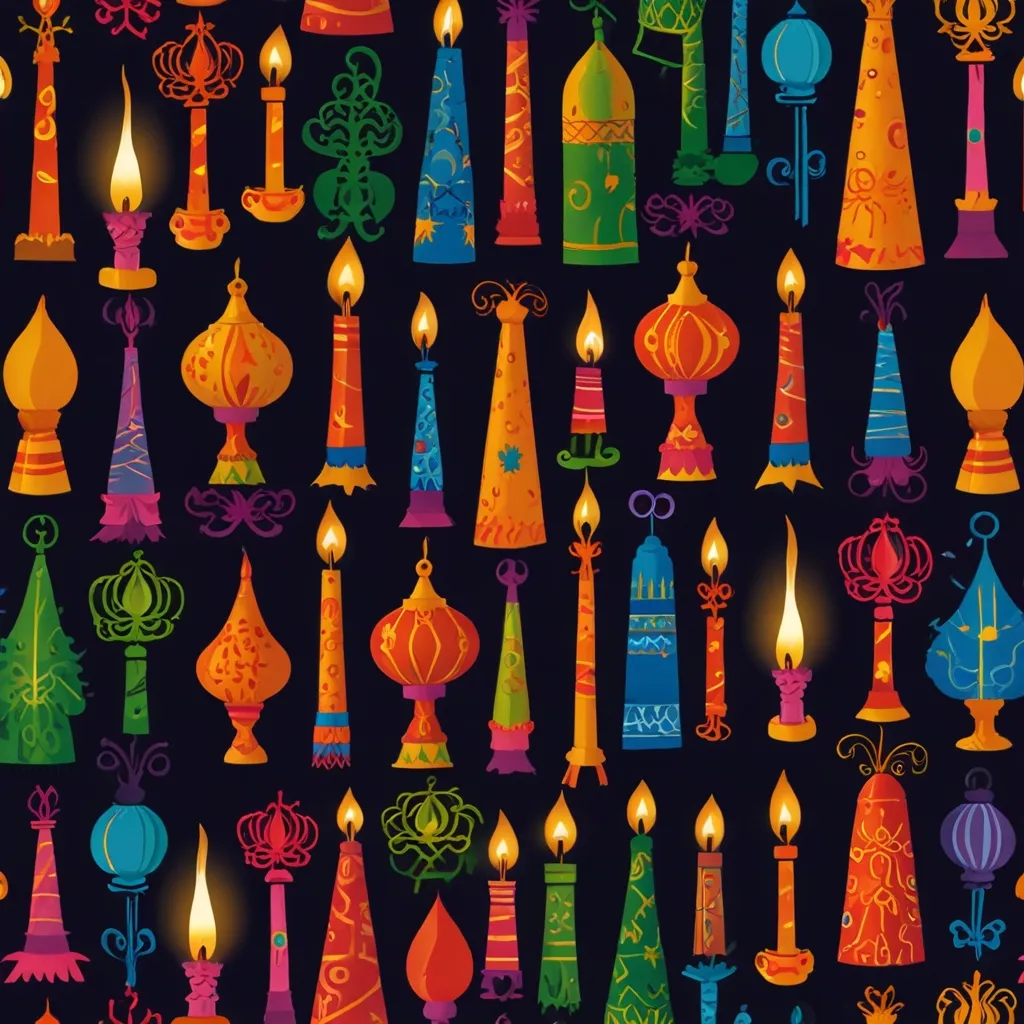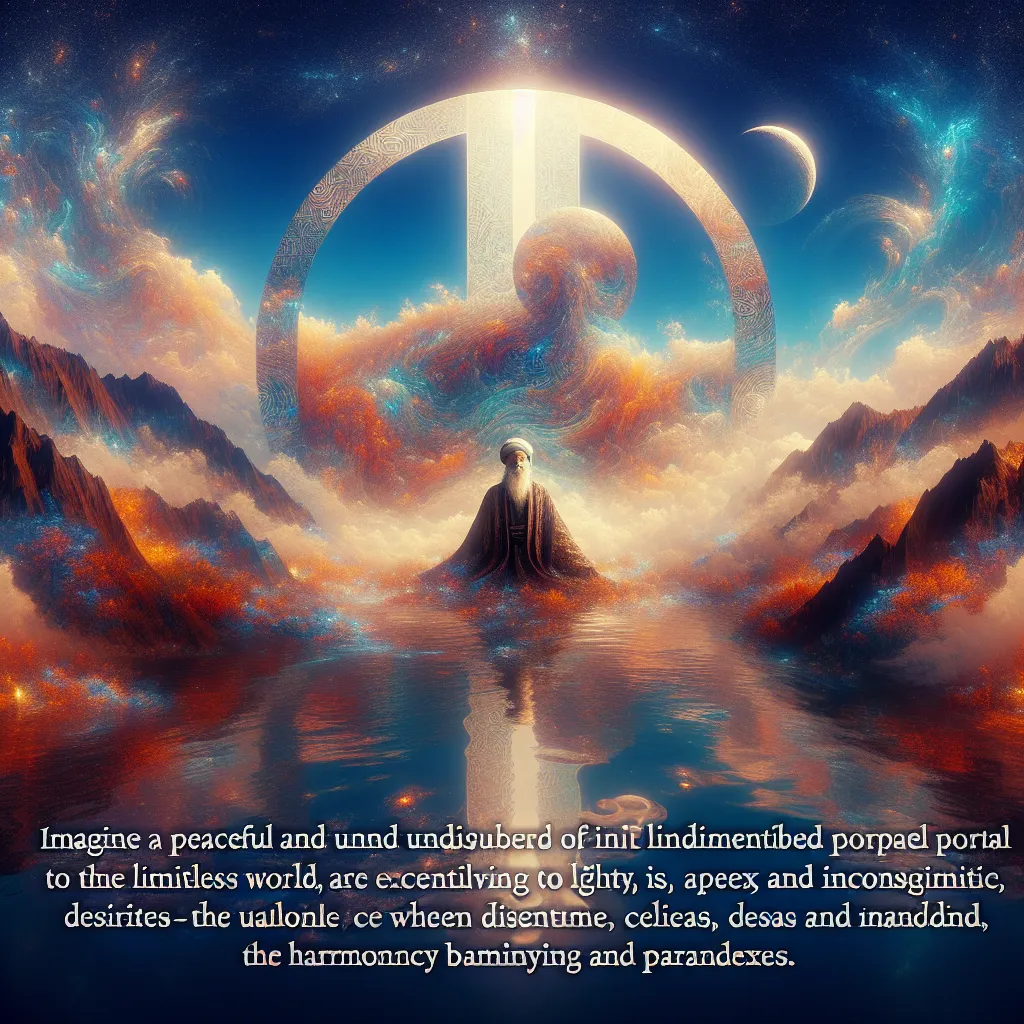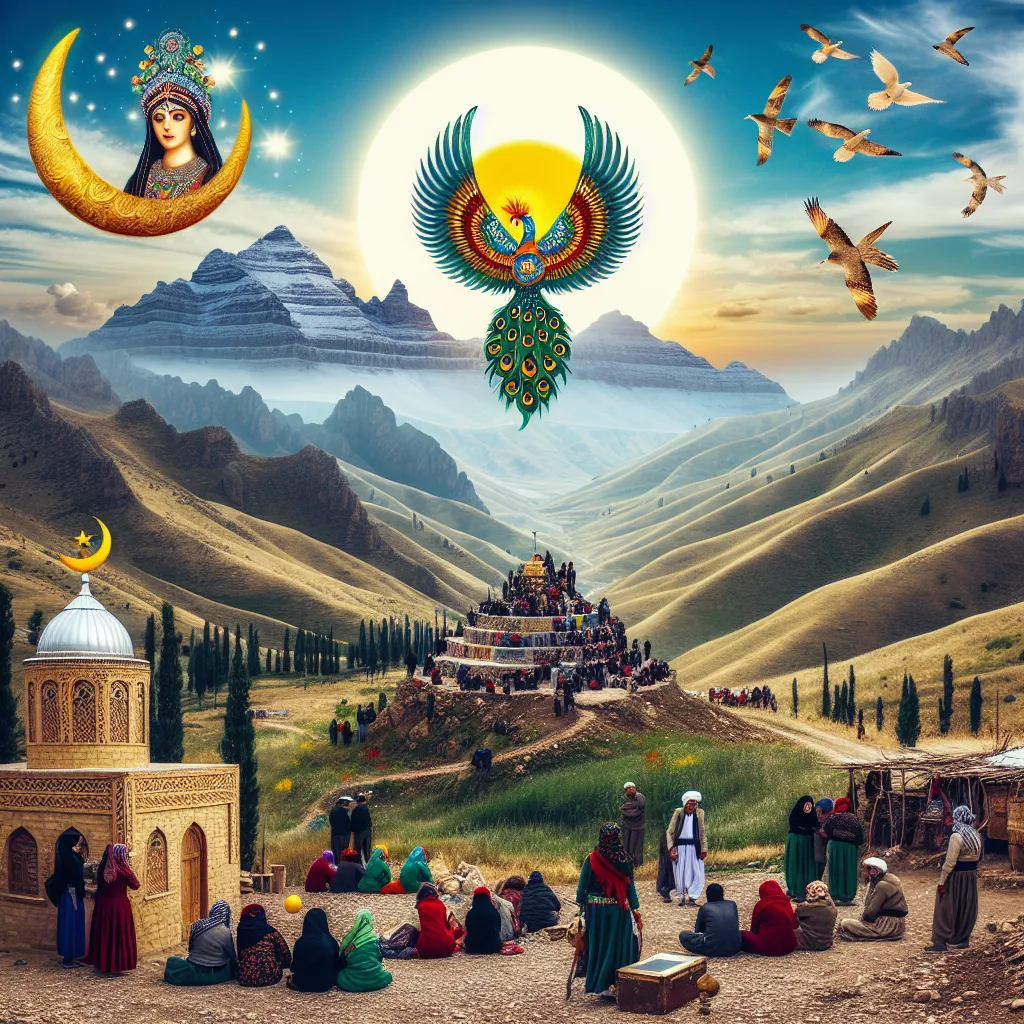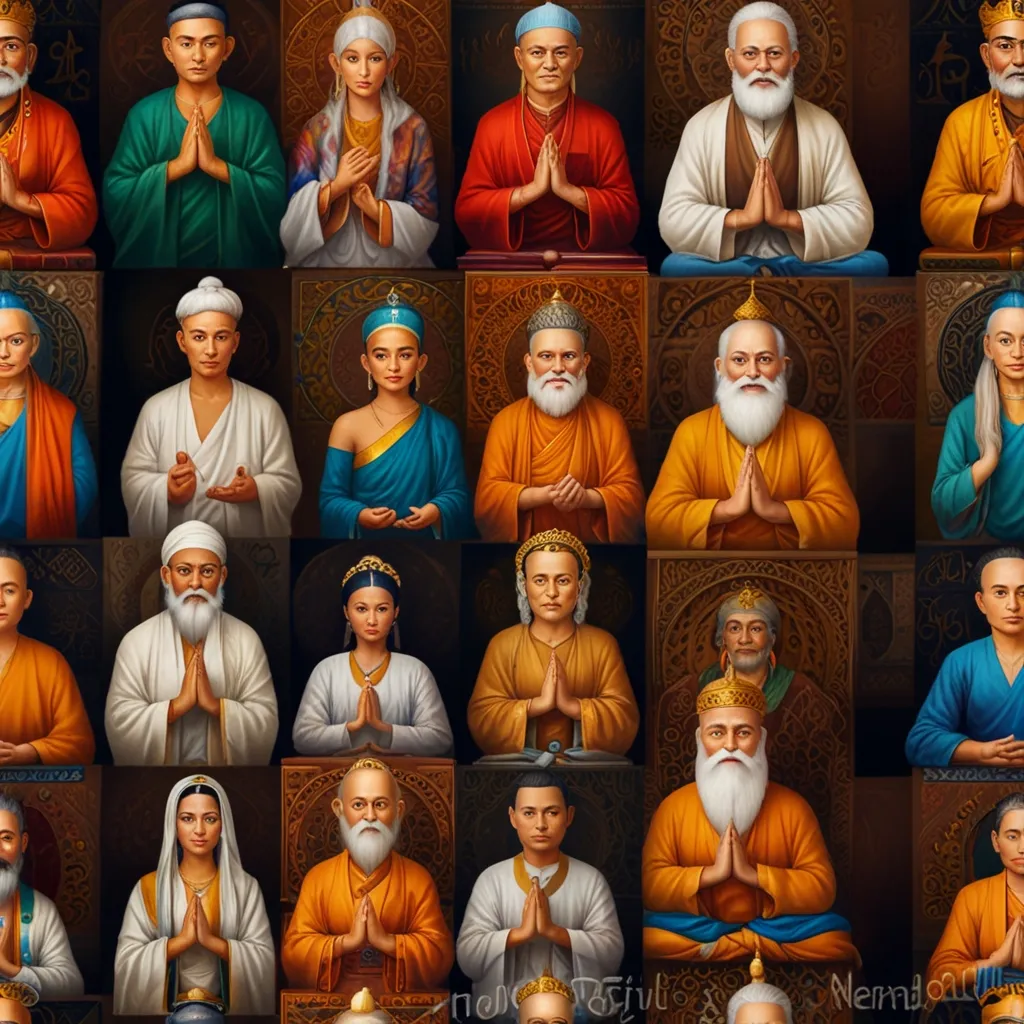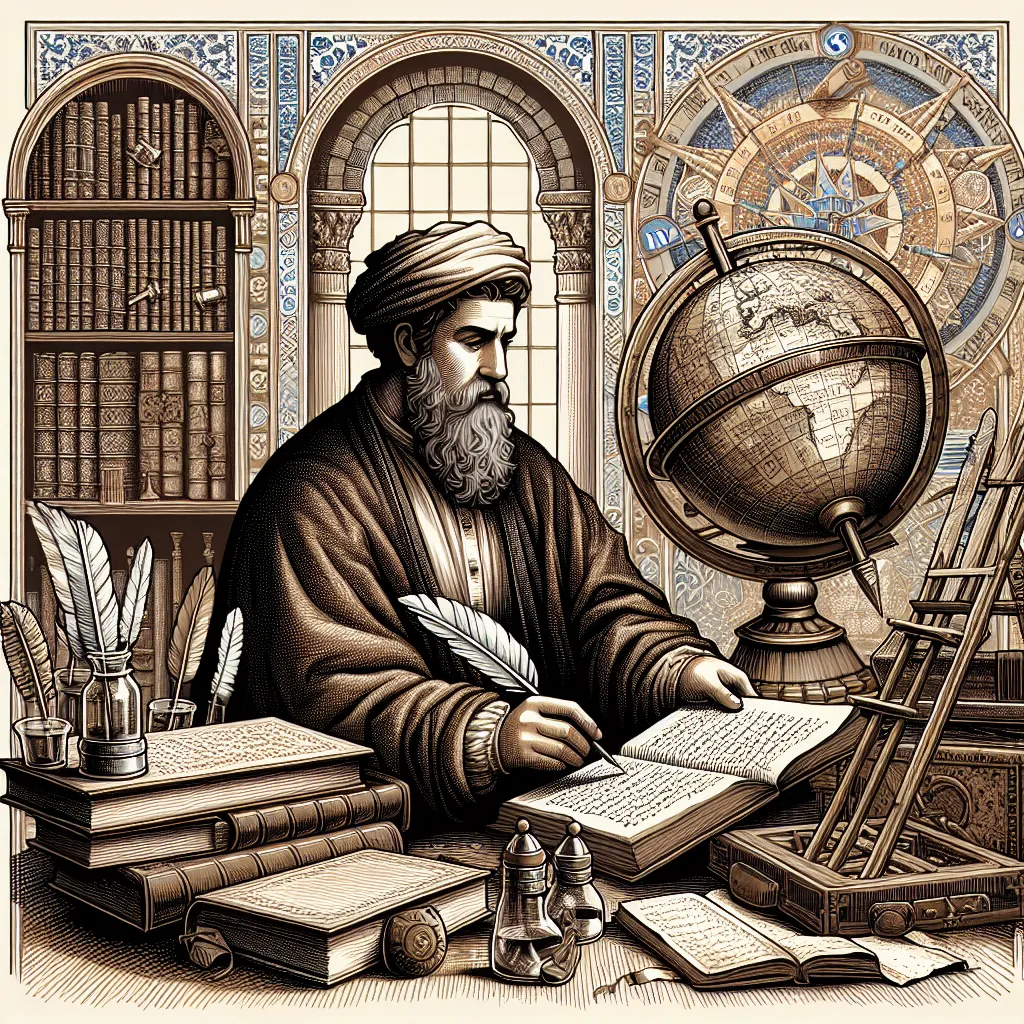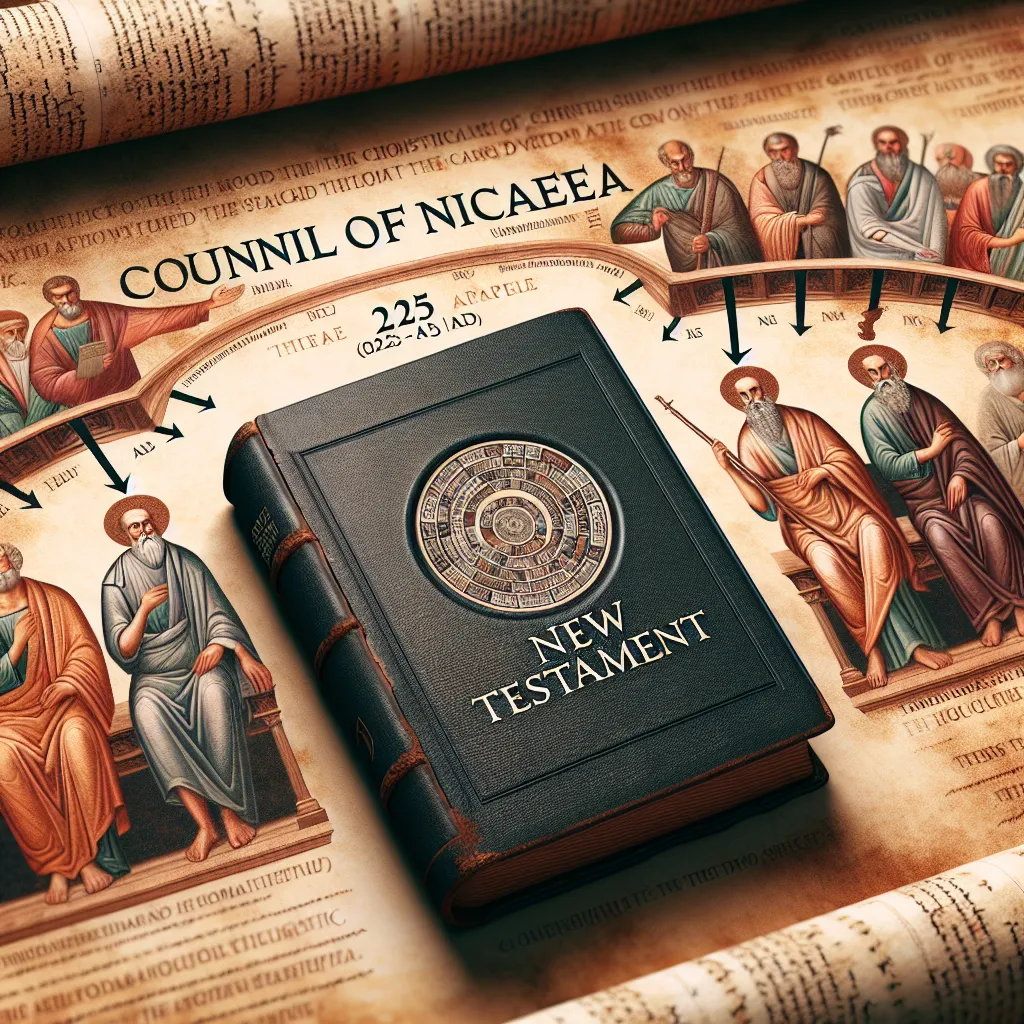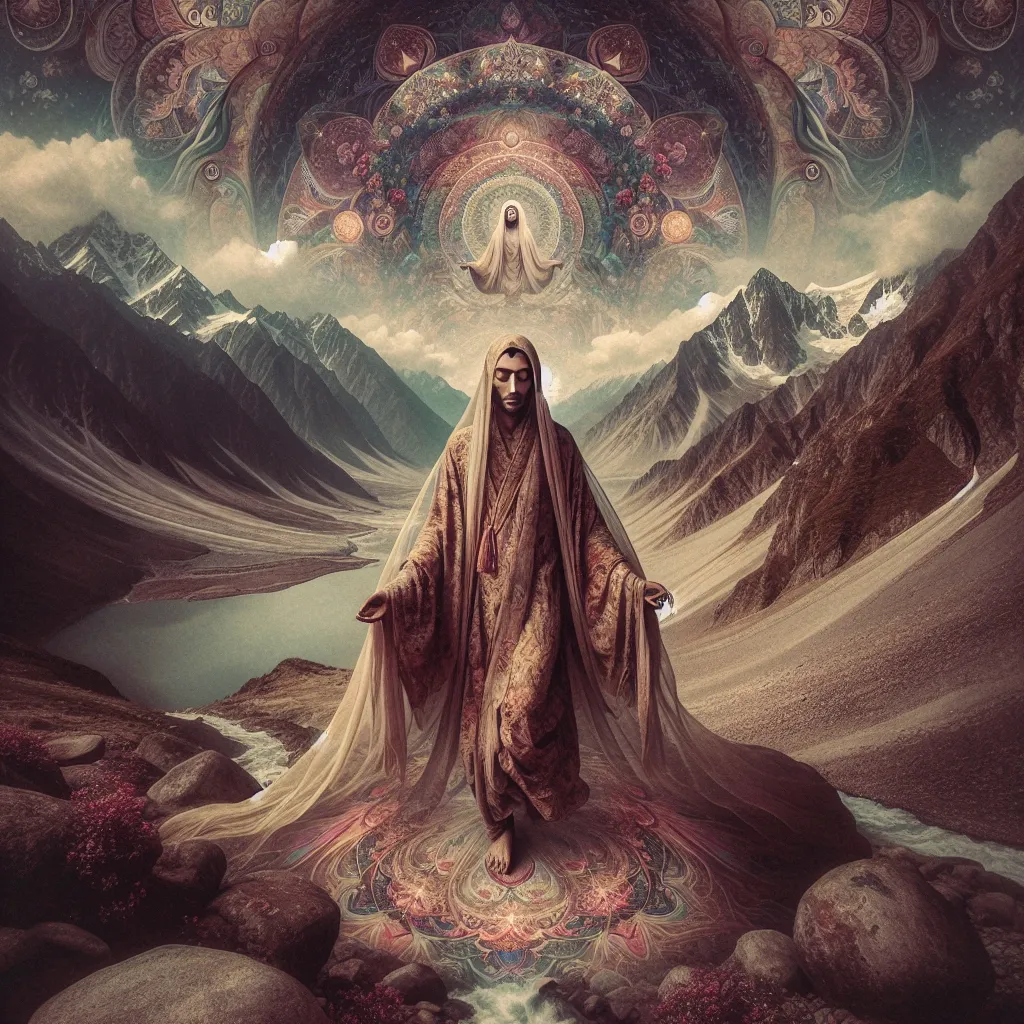Everyone loves a good holiday, right? Religious holidays are like the heartbeat of many cultures around the globe, each with its own unique flavor, backstory, and traditions. They aren’t just about the communal prayers and reflections; they’re moments to dive deep into our heritage and build that sense of community.
It’s pretty wild how diverse these religious holidays can get. They aren’t just hanging around in December with Christmas. Take the Jewish calendar, for instance. While Hanukkah often gets the spotlight, it’s Rosh Hashanah and Yom Kippur that are the heavy hitters in terms of importance. It’s kinda like showing up for the main act, not just the opening band.
Let’s hop over to Hinduism where Diwali absolutely steals the show. This festival of lights isn’t just a feast for the eyes. It’s a celebration of good conquering evil, light banishing darkness. And it’s not just Hindus, but also Buddhists, Sikhs, and Jains who get in on the action, making it a real community bash over several days each fall.
What’s fascinating is the rich, sometimes ancient history behind these holidays. Take Hanukkah. Behind the glowing menorahs is the tale of a fight for religious freedom and a miraculous flame that kept on burning way longer than it should have. In Islam, there’s Ramadan – a month dedicated to fasting and prayer, marking the Quran’s revelation to Prophet Muhammad. It’s a deeply spiritual time where faith gets center stage.
It’s kinda cool how many of these holidays share common vibes – themes like peace, thankfulness, forgiveness, and looking out for each other. Think about it. Yom Kippur is about seeking forgiveness in Judaism just as Easter focuses on redemption in Christianity. It’s like there’s this universal thread tying all these celebrations together, even if they spring from different faiths.
And oh, the ways these holidays are celebrated! They can vary so much even within the same religion. For Buddhists, the New Year isn’t a one-size-fits-all affair. Some folks might be bathing Buddha statues in perfumed water, while others are seeking blessings from their elders. Hindu celebrations like Navratri and Ganesh Chaturthi are filled with days of prayer, meditation, and honoring deities with vibrant rituals and festivities.
It’s also noteworthy how some holidays blend the sacred and the secular. Christmas, anyone? Sure, it’s about the birth of Jesus if you’re a Christian, but it’s also about Santa, gifts, and all those family traditions that might not have much to do with the religious aspect. Diwali’s the same – rooted in religious significance, but also lit up with fireworks, sweets, and gatherings that have a more universal appeal.
In our ever-connected, commercialized world, it’s crucial to sort out what’s sacred and what’s trending. Understanding the “why” behind these holidays can help avoid those awkward moments where something meant to be meaningful turns insensitive. Like, maybe skip the meat dishes when celebrating Buddhist holidays, since a big part of their faith involves non-harm to all beings.
Religious holidays are also these magical moments for family and community hangouts. Take Kwanzaa, for example, a relatively new holiday that’s all about celebrating African American and Pan-African heritage. It’s built on values like unity and self-determination, celebrated over a week with a different principle each day.
Sikhism also throws some pretty epic festivals. Vaisakhi is a huge deal, marking the Sikh New Year and commemorating the birth of Sikhism. Parades, community gatherings – it’s time for Sikhs to reflect on their roots while having a blast with the community.
Beyond the parties and prayers, these holidays are also about taking a moment to look inward. The Epiphany on January 6th, for instance, invites Christians to reflect on the revelation of Jesus as God. In Shintoism, Gantan-sai is all about visiting shrines on New Year’s Day, reflecting on the year past, and welcoming the new one with hope and intention.
Religious holidays also remind us that the world is a pretty interconnected place. They’re part of a much bigger picture of global culture and faith. By learning about and respecting these holidays, we can build empathy and a stronger sense of unity. Look at the Lunar New Year celebrations across East Asia; it’s about family reunions, starting afresh, and age-old traditions that differ from one country to another.
In the grand scheme of things, religious holidays are more than just marks on a calendar. They’re living, breathing moments of faith, culture, and community. Getting to know their histories and meanings helps us see the world through a richer, more diverse lens. They’re gentle – or sometimes brightly glowing – reminders of peace, forgiveness, and looking out for one another. These values span way beyond faith lines, bringing us together in this crazy, beautiful mosaic of human experience.
